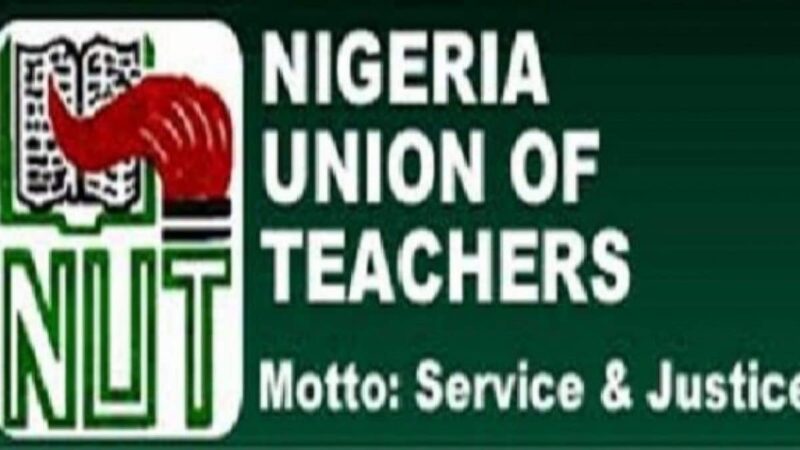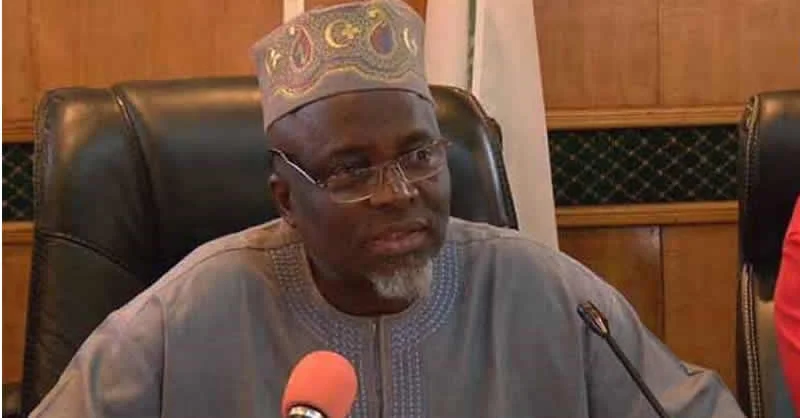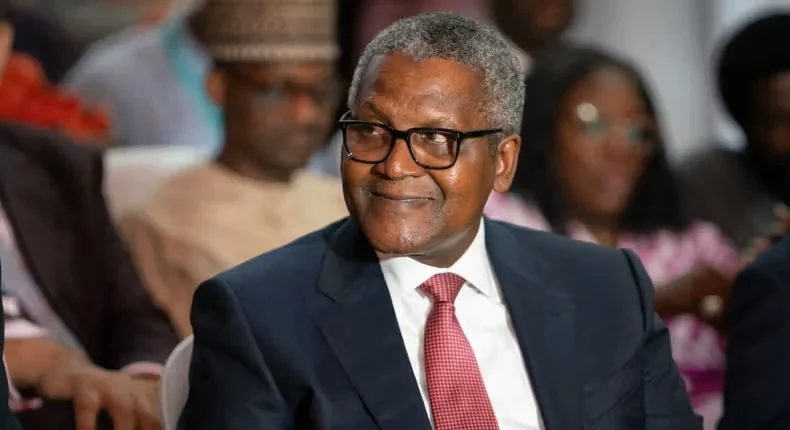Education crisis persists because FG neglects sector — ASUU
 The President of the Academic Staff Union of Universities, Prof. Chris Piwuna, has said the Federal Government does not prioritise education because its officials do not consider the sector’s problems as national concerns requiring collective responsibility.
The President of the Academic Staff Union of Universities, Prof. Chris Piwuna, has said the Federal Government does not prioritise education because its officials do not consider the sector’s problems as national concerns requiring collective responsibility.
Piwuna, who spoke during The Toyin Falola Interviews on Sunday, in a virtual conversation titled “A Conversation with the ASUU President,” said the indifference of key government officials towards the education sector has made it difficult to achieve sustainable reforms.
According to him, members of the Federal Executive Council often view education challenges as the sole responsibility of the Minister of Education.
In recent years, the union has often justified industrial action as prompted by government proposals that it views as a “total departure” from the agreed terms of the 2009 FGN–ASUU Agreement, as well as unresolved issues such as outstanding promotion arrears, withheld deductions, and inadequate funding and renovation of public universities.
“Members of the government, the ministers, and chief executives do not see the problem of education as a problem that affects them.
“When ASUU declares a strike, the Minister of Finance sees it as the Minister of Education’s problem; the Minister of Science and Technology sees it the same way.
“But if the Minister of Finance understood that the country’s economic growth depends on a knowledgeable workforce, he would take the Minister of Education’s problem as his own. The same applies to other ministries,” Piwuna said.
He added that the Federal Government’s response to education issues was further hindered by ideological differences and corruption.
“We in ASUU see education as a public good, but those in government treat it as a capitalist venture, something only important if it generates profit.
“Many of them now suggest that TETFund should begin funding private universities. Even the last Chief of Staff to the President, who never did that while in government, is now a Pro-Chancellor advocating it. Self-interest and contract inflation have replaced public service. That is why TETFund has become a marketplace,” he said.
The host, a historian and scholar, Prof. Toyin Falola, gave an overview of ASUU’s historical struggles with the Federal Government and the recurring industrial actions that have crippled academic calendars for decades.
Other panellists included Prof. Francis Egbokhare of the University of Ibadan; economist Prof. Sherrifdeen Tella; Nigeria Labour Congress President, Joe Ajaero; and a journalist with The PUNCH, Grace Edema.
Prof. Egbokhare said Nigeria’s university system is plagued by poor leadership, infrastructural decay, and weak accountability structures.
“What is happening is a failure of leadership, especially within governing councils,” he said.
“You look around our universities and see poorly constructed buildings in an era when sustainable design should be standard. We must fix leadership selection and integrity issues within our universities. We cannot complain about the system and still be part of its problems.”
He further argued that funding should not be the only focus, noting that universities could generate more income if government ministries patronised them for consultancy, research, and training services.
“It’s not just about money but about funding models. If government agencies engage universities for research and consultancy, more resources would circulate within the system,” he said.
On his part, NLC President, Joe Ajaero, urged the government and ASUU to adopt a holistic approach to solving the education crisis.
“It has been tough and hard for ASUU leaders. But beyond autonomy, we must also address the state of primary and secondary education,” Ajaero said.
An economist, Prof. Sherrifdeen Tella, said that the disregard for research in Nigeria has contributed to the country’s underdevelopment.
“When farmers plant good seeds that yield better harvests, it’s due to research by academics. Unfortunately, the system has neglected research for too long,” he noted.
Speaking on the ongoing ASUU National Executive Council meeting in Taraba State, Piwuna said discussions on the union’s negotiations with the Federal Government were nearing conclusion.
“The terms of the agreement are shaping up, and in the next week or two, we’ll make a definite statement.
“But what the government is offering us as salaries is unacceptable, and we are ready to go to any length to fight it. Our salaries are nothing to write home about.
“All the billionaires have private universities; none of them support public universities. We have reached out to them — even under the last administration — but nothing came of it,” he said.
Piwuna added that Nigeria’s current academic conditions are pushing lecturers to survival mode, leaving little room for innovation or endowments.
“Some of our colleagues sleep in their offices with their families because of poor living conditions.







